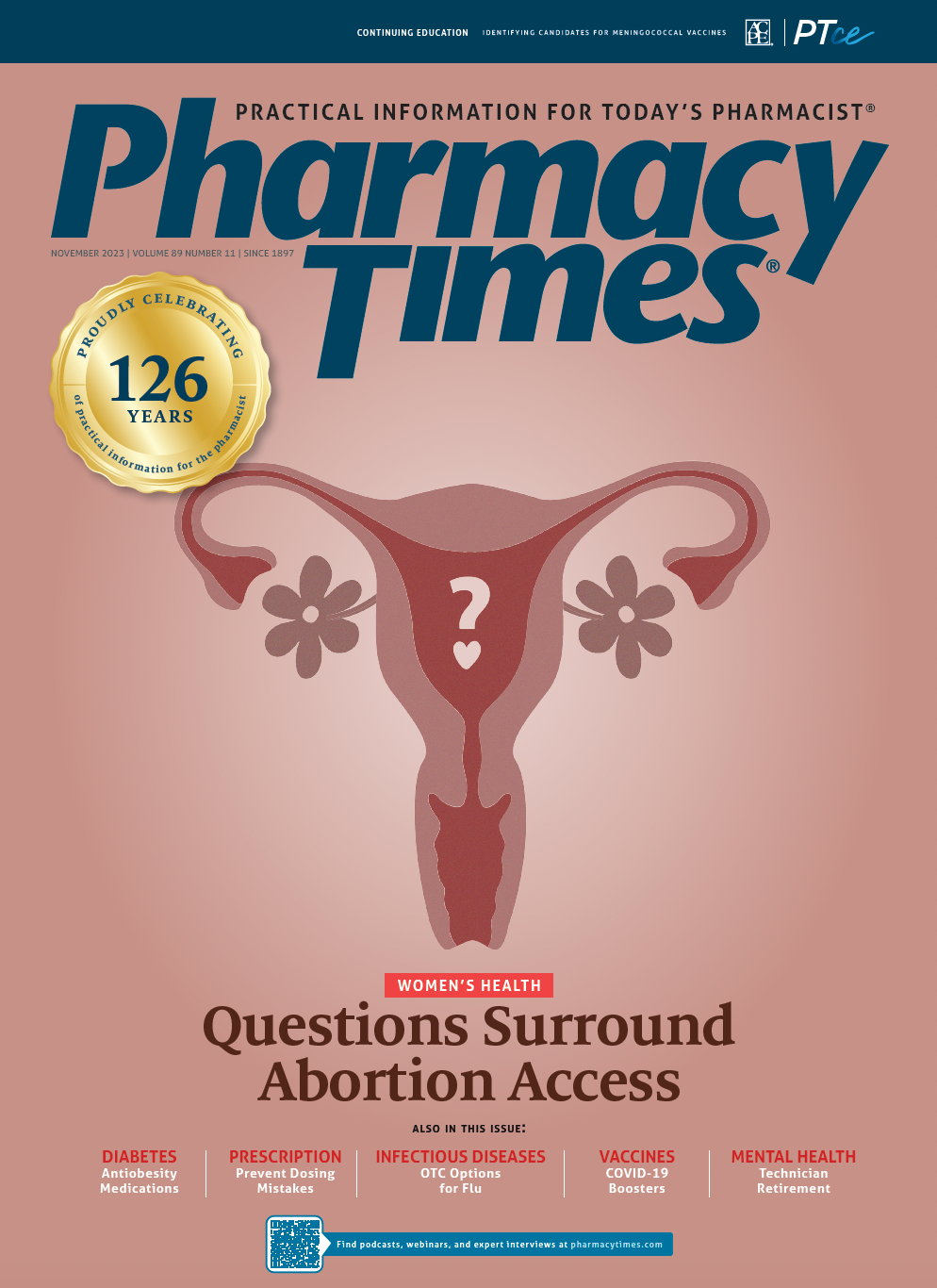Failure to Contact Patient Leads to Severe Health Consequences, Lawsuit
Patient sues pharmacy citing communication gaps after prescription was located
ISSUE OF THE CASE
A patient shows up at the pharmacy to pick up a prescription and the pharmacy staff cannot locate one for him. Did the pharmacy have a legal duty to prepare the medication in a timely manner and to collect information to communicate with him?
Image credit: WESTOCK | stock.adobe.com

FACTS OF THE CASE
An immigrant who did not speak English was on a break from work when he smashed his index finger on his left hand. The employer provided daily transportation to and from work for him and others, so the employer took him to an urgent care center in a nearby town.
He received care at the clinic, including having an x-ray taken to ascertain whether the finger was broken. The x-ray was interpreted by a physician’s assistant who concluded that the finger was not broken, so the patient was sent home without any order for medication or any instructions about receiving an antibiotic.
After the patient left, the x-ray was reviewed by a radiologist who concluded that the finger was, in fact, broken. At that point, a nurse at the clinic phoned in a prescription for an antibiotic to the local branch of a national pharmacy chain. However, the employee had been using a false name with both his employer and the clinic staff. The antibiotic prescription was issued in that name rather than the patient’s true name.
The clinic staff had not recorded contact information for the patient, so they contacted the employer. The contact person at the firm told the patient that a prescription would be ready to be picked up the next day at the pharmacy.
The patient went to the pharmacy the next morning, asking to pick up a prescription issued for the patient using the false name. A pharmacy staff member checked the pharmacy computer and determined that they had no prescription for someone by that name. The patient asked why there was nothing for him to pick up and the employee checked the database once again, reaching the same conclusion as before.
About an hour after the patient left, a prescription for an antibiotic arrived. The prescription was prepared for dispensing, but because the pharmacy had no contact information the staff was unable to contact him to let him know the prescription was now ready to be picked up. The patient did not return to the pharmacy again to attempt to retrieve the medication. Over the next 2 days, the patient’s condition rapidly deteriorated. He was taken to a hospital 3 days after the injury where it was discovered that an infection had diffused throughout his body. The result was amputation of both legs below the knees as well as partial amputation of several fingers.
The injured patient filed a lawsuit naming a number of defendants who he alleged were deficient in rendering care to him. In a modified filing with the court after the initial launch of the suit, the patient added the national pharmacy chain as a defendant. His argument was that the pharmacy staff had breached its legal duty to him by failing to prepare the antibiotic prescription in a timely manner, resulting in the “terrible infection which spread to multiple parts of his body causing multiple amputations.”
The patient’s lawsuit advanced 2 legal theories for liability of the pharmacy: First, that the pharmacy had received the prescription on Friday, the day before he arrived to pick it up, and was negligent in not having it ready for him when he arrived on Saturday. And second, alternatively, if the prescription authorization did not arrive at the pharmacy until after he had left on Saturday, the pharmacy staff was negligent by failing to collect contact information for him, leading to an inability to contact him when it was ready.
THE RULING
The defendant national pharmacy chain made a motion for summary judgment with the state trial court, arguing that it owed no legal duty to the patient. That action essentially argued that the judge should conclude the legal proceedings without the matter advancing to a full trial. The motion would be granted if the judge concluded that there was no genuine issue regarding a material fact in the case that needed to be addressed by a jury. The objective is to preserve the resources of the judicial system for matters truly needing attention. The trial court judge ruled in favor of the defendant pharmacy chain, so the patient appealed.
The state court of appeals decided that the ruling of the trial court judge was in error. The matter was referred back to the trial court for further proceedings.
THE COURT’S REASONING
The appellate court ruled that the error in the lower court was the judge’s conclusion that the chain owed no legal duty to the patient, which was the basis for his decision to dismiss the case against the chain. The pharmacy chain’s attorney had not advanced an argument that it did not owe a legal duty to the patient, so that issue was not before the trial court judge to use as a basis for dismissal.
ABOUT THE AUTHOR
Joseph L. Fink III, JD, DSC (HON), BSPHARM, FAPHA, is an emeritus professor of pharmacy law and policy and former Kentucky Pharmacists Association Professor of Leadership at the University of Kentucky College of Pharmacy in Lexington.

